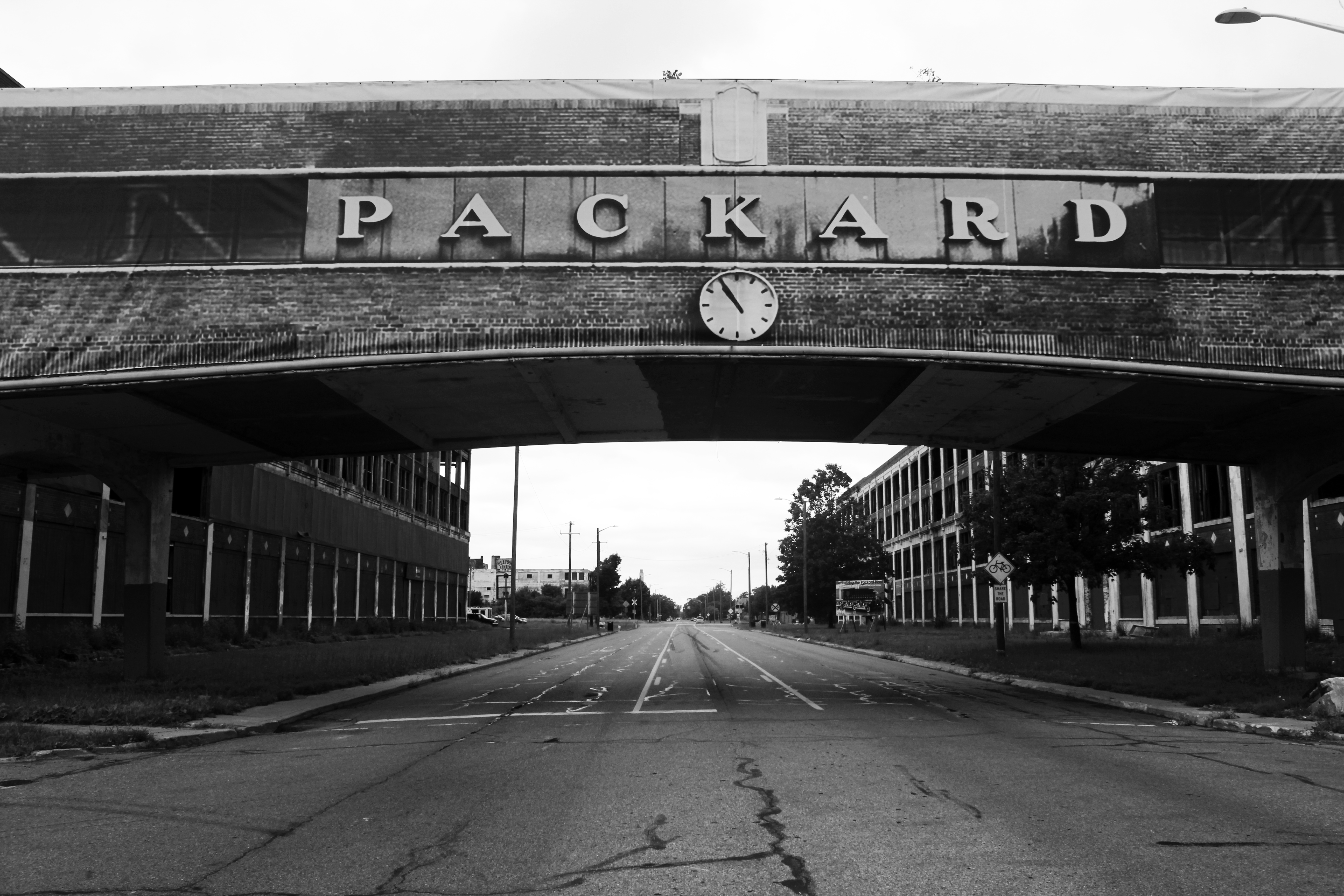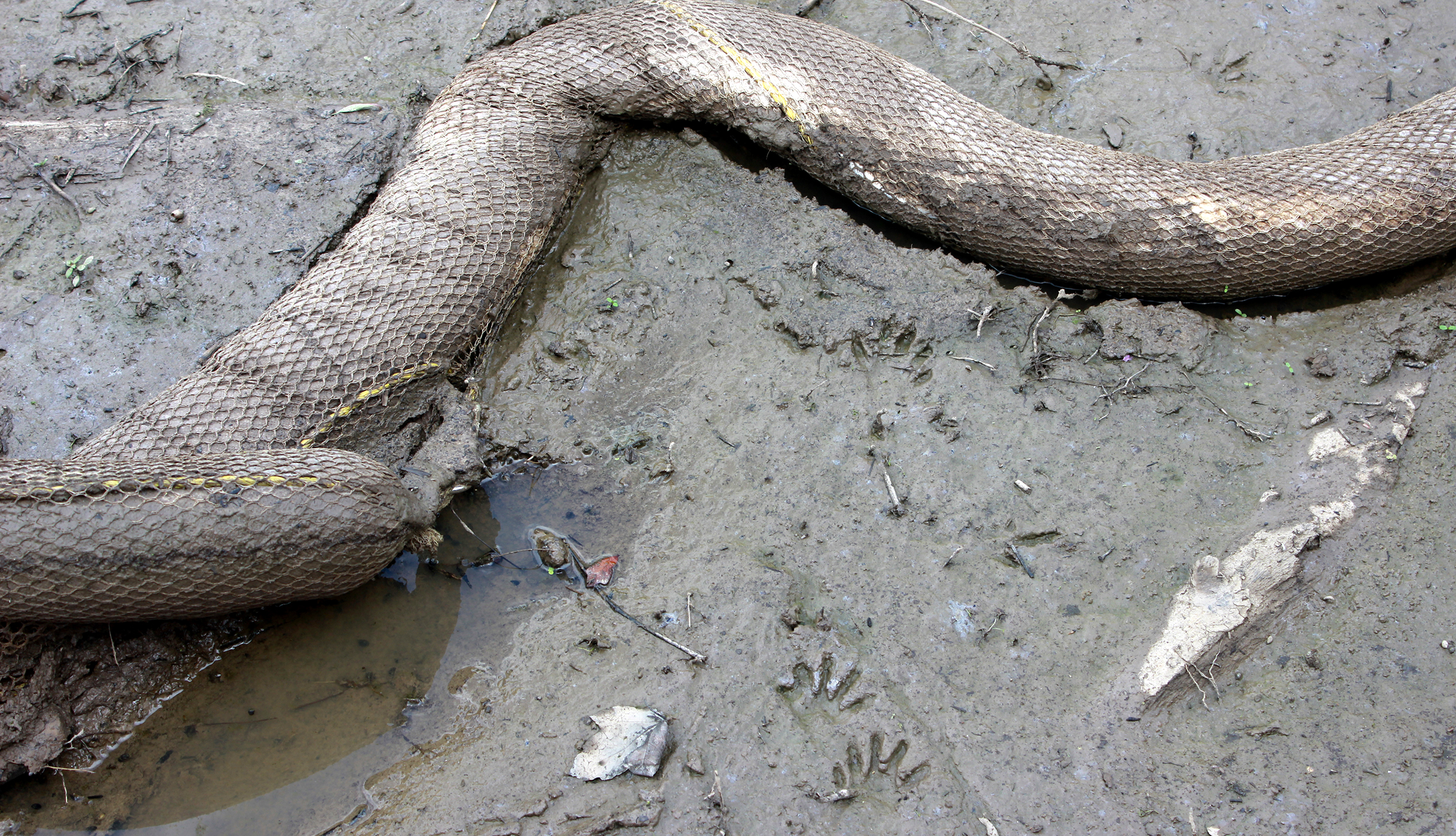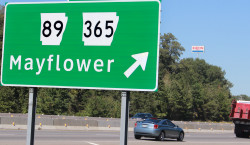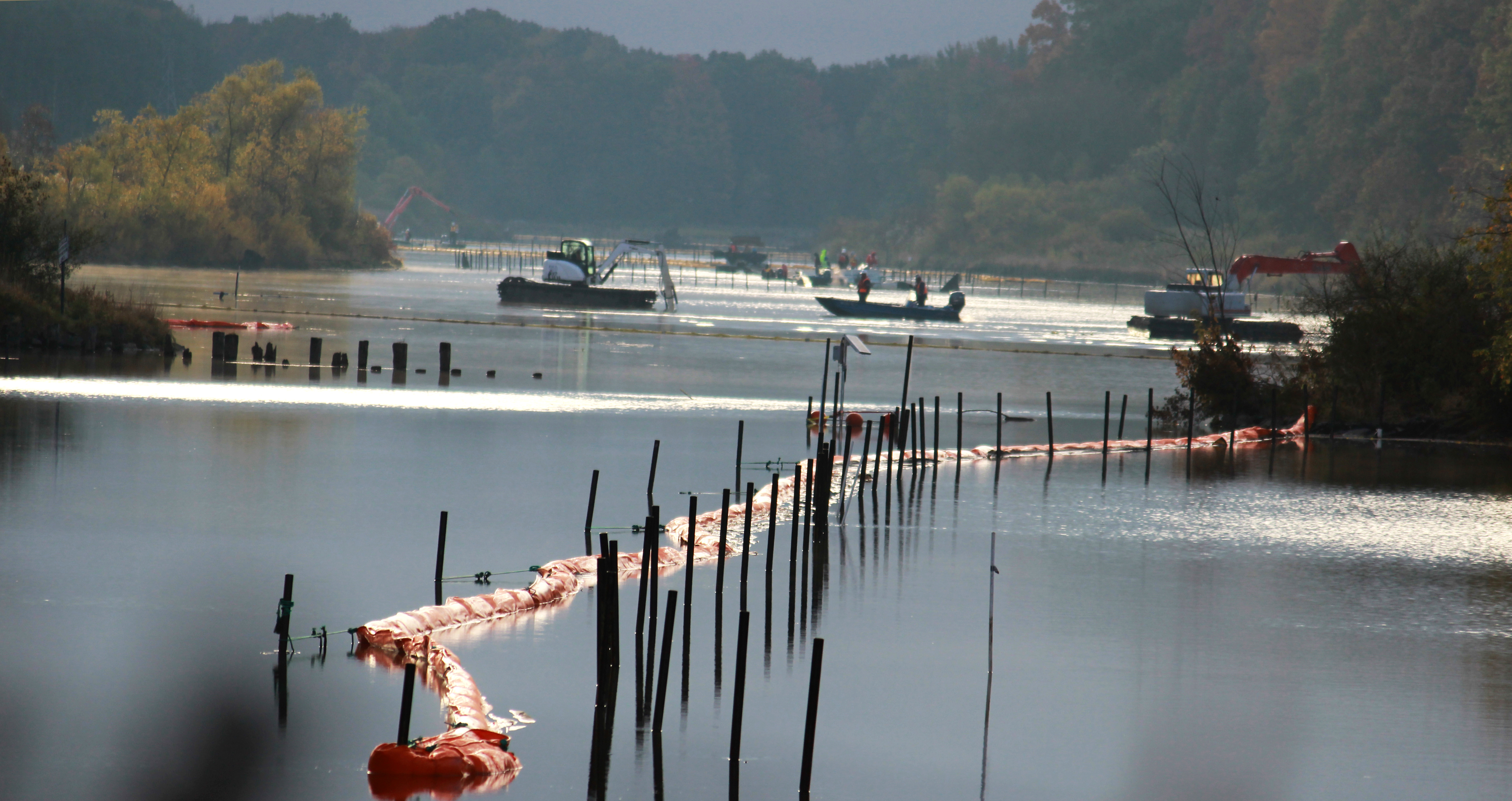The Arkansas Times reports that Rights of Way agents for Valero/Plains All American Pipeline are in the field negotiating with property owners. This might be a good time to revisit lessons learned. They apply across geographic lines because energy companies, and community reactions are predictable if nothing else. Here are some things we know:
The company line on safety
On April 21, 2014
Valero official Bill Day told news outlets, “This pipeline would be brand new and state of the art. It would be manufactured to exceed industry standards. There would be electronic monitoring, remote operative valves so that it could be shutdown at a moment’s notice.”
On July 15, 2010
Richard Adams, Enbridge vice president of U.S. operations told a congressional subcommittee, that “Enbridge was well prepared for an emergency … our response time from our control center can be almost instantaneous, and our large leaks are typically detected by our control center personnel.” The company’s emergency response plan says its systems would “recognize a rupture within 5 minutes” and that “all motor operated valves in the Enbridge mainline system would close in three minutes or less.”
Ten days later line 6B burst, went undetected for seventeen hours and caused the biggest inland oil spill in history at the time.
The Company Attitude
April 18, 2014
An article in the Arkansas Times details the frustrations of property owners who want no part of the pipeline. When property owner Clara Dotson denied Valero permission to survey her property Valero threatened legal action. They went to court and were granted a court order, for a temporary condemnation under the state’s eminent domain law.
December 2, 2013
From a series in The Green Rocket
Beth and Bob Duman from Howell, Michigan know a lot about dealing with pipeline companies. About 3 years ago, Beth noticed a man at the end of the driveway talking to her husband. It was a Right of Way agent. “Within five minutes he was threatening us with condemnation,” Beth recalls.
Carol and Tom Brimhall have a long history with Enbridge. None of it good. “Hate is a powerful four letter word. Hate is not a word I use frequently. Careful consideration to the hurtful consequences should be taken into account before using the word hate. I hated Enbridge,” Carol Brimhall says of the events surrounding her mother’s death and her family’s history with Enbridge.
The community reaction:
On April 17, 2014
Adam Lansky opposes the new pipeline. “It’s not a sustainable practice. It’s going to result in destruction of our planet at which rate money is completely useless,” Lansky told a Little Rock news station. Bill Day with Valero disagrees saying the line will not only help sustain their Memphis refinery, but also create millions in property taxes for Arkansas.
On July 22, 2013
As time goes on opposition gets more strident and companies hunker down. Protesters in Michigan locked themselves to excavating machines at an Enbridge pipeline construction site. State police cut the protesters from the machinery and arrested them. They were convicted of trespassing and obstruction and await sentencing. Enbridge issued a statement, “Safety is always the top priority on worksites, and it’s important that the public share this priority for their own safety and for the safety of our crews and contractors. We hope this decision will serve to deter others from creating unsafe situations in the future.
Who’s watching?
Like many states Arkansas can only regulate construction, not direct the routing of pipelines. The Army Corp of Engineers would regulate water crossings. The Public Service Commission, the Arkansas Department of Environmental Quality and the Game and Fish Commission will be involved on specific projects. The only coordinating agency with any authority is PHMSA and they have a history of being dominated by industry insiders making effective oversight nearly impossible.
If these patterns continue?
Everything will be fine until something goes horribly wrong. All the pipeline safety mechanisms in the world can’t prevent someone from falling asleep on the job. Then the energy company will flood the community with money. Local businesses enjoy a huge short-term boost. Homeowners are offered above market values for their homes. Schools get new gymnasiums and as The Daily Show lampoons (9:30 minutes in) everybody it seems are eating pizzas. Not only does the money buy the loyalty of those affected, it also buys their silence by requiring residents to sign non-disclosure agreements promising that they won’t talk to the media. Meanwhile the same companies run at break-neck speed getting residents to sign off on their claims and restarting idled revenue streams. Years later, the environmental damage remains, the money is gone and the long-term health effects take hold. The history has repeated itself from Prince William Sound to the Gulf of Mexico and it will continue tomorrow.

















